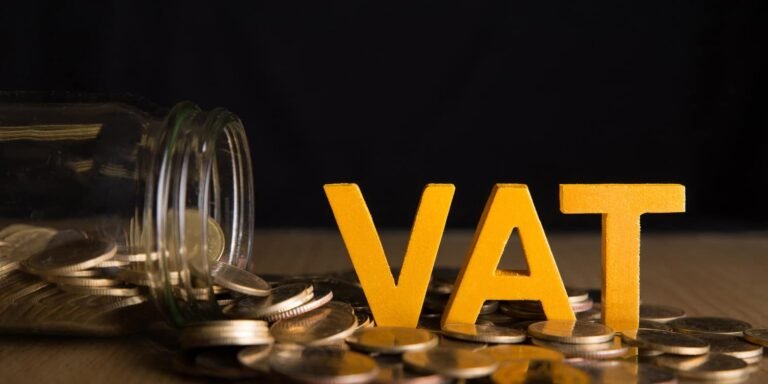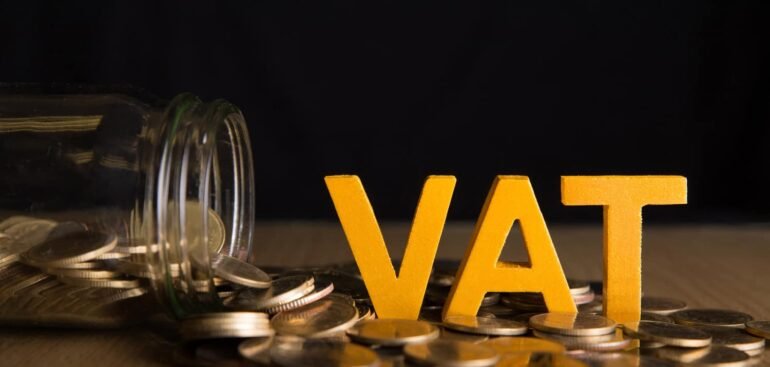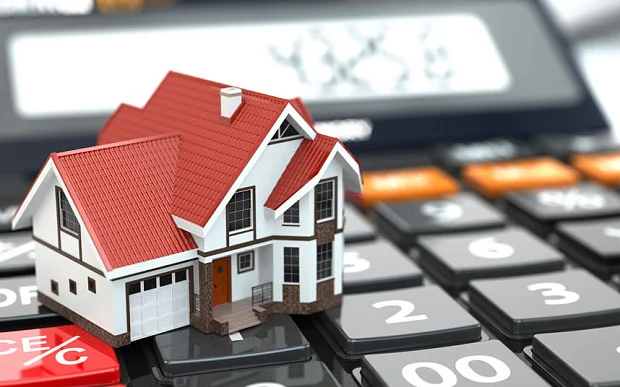What Is VAT Number In Pakistan ? Explained

Navigating the maze of tax obligations can be challenging for businesses in Pakistan, especially when it comes to understanding the Value Added Tax (VAT) number. VAT, an indirect tax levied on the incremental value of products and services, is typically set at a standard rate of 17% in Pakistan. Additionally, there are reduced rates and exemptions to be aware of.
This article by TaxConsultancy is your guide through the complexities of VAT numbers in Pakistan, explaining what they are, how they work, and the necessary procedures. It’s designed for business owners, accountants, and anyone interested in grasping these essential concepts.
Let’s dive in!
What Exactly Is a VAT Number?
Understanding the VAT Number
A VAT number is a unique identifier assigned to registered businesses, allowing them to collect and remit Value Added Tax (VAT) on behalf of the government. This system ensures consistent tax application at each stage of a product’s lifecycle, from production to the end consumer. Introduced in Pakistan in 1990, VAT has become a significant revenue source for the government, contributing to over a third of the total tax income.
The Importance of VAT for Businesses and Individuals
Understanding VAT is crucial for both businesses and consumers, offering several advantages:
- Tax Compliance: Helps in adhering to tax laws and avoiding penalties.
- Tax Savings: Can reduce tax liabilities.
- Informed Decisions: Aids in making smart spending choices and avoiding excessive tax payments.
- Competitive Advantage: Enables businesses to offer competitive pricing by effectively managing tax costs.
Eligibility Criteria for VAT Registration in Pakistan
To qualify for VAT registration, a business must:
- Supply taxable goods or services within Pakistan.
- Have an annual turnover exceeding PKR 50 million.
- Maintain a fixed place of business in the country.
Necessary Documentation for VAT Registration
To register for VAT, you will need:
- A completed VAT registration application.
- A photocopy of your CNIC or passport.
- A copy of your National Tax Number (NTN) certification.
- Memorandum and Articles of Association (if applicable).
- A recent bank statement.
VAT Registration Process in Pakistan
Step 1: Create an Account on the Iris Portal
Start by creating an account on the Iris Portal, the online platform provided by the Federal Board of Revenue (FBR) for tax registration.
Provide the following information:
- Business name and address.
- Contact details.
- CNIC or passport number.
Step 2: Complete the VAT Registration Form
Log in to your Iris account and complete the VAT registration form. You will need to provide details such as:
- Nature of taxable goods or services.
- Expected annual turnover.
- Bank account information.
Step 3: Submit Your Application
After completing the form, submit your application. The FBR will review it and, if eligible, issue a VAT number.
Step 4: Biometric Verification at a NADRA e-Sahulat Centre
Within 30 days of application submission, visit a NADRA e-Sahulat Centre for biometric verification, a mandatory step for VAT registration.
Clearing Up VAT Registration Myths
VAT registration is not restricted to large businesses and is neither complex nor costly. The process is streamlined and free of charge, making it accessible to all eligible businesses.
Insider Tips for Seamless VAT Registration
- Prepare Documents: Gather all necessary documentation beforehand.
- Ensure Accuracy: Fill out forms carefully to avoid errors.
- Submit Promptly: Timely submission can speed up the process.
- Complete Verification: Do biometric verification within the required timeframe.
VAT Number Format in Pakistan
Pakistan’s VAT number is a unique 8-character code:
- Format: 4174941-3 (7 digits followed by a dash and a check number).
Example:
| Country | Country Code | Format | Characters | Notes |
|---|---|---|---|---|
| Pakistan | PK | 4174941-3 | 7 digits + dash | The check number follows the 7 digits, providing uniqueness. |
Summing Up
Understanding VAT is essential for smooth business operations in Pakistan. At TaxConsultancy, we provide the knowledge you need to manage your VAT obligations confidently and effectively.
FAQs: Navigating VAT in Pakistan
Q1: What is a VAT number in Pakistan?
Ans: A VAT number is an 8-character code assigned to VAT-registered businesses, essential for tax processes.
Q2: How do I apply for VAT in Pakistan?
Ans: Apply via the FBR’s Iris Portal or by visiting their local office with the required documents.
Q3: Is a VAT number mandatory for all businesses?
Ans: VAT registration depends on specific criteria such as turnover and business nature. Professional advice can help determine if you need to register.
Q4: How can I verify a VAT number in Pakistan?
Ans: Verification is easy through the FBR’s portal by entering the VAT number to confirm its validity.
Q5: What are the benefits of having a VAT number?
Ans: It allows you to reclaim VAT on business purchases and enhances your business’s compliance and credibility.




